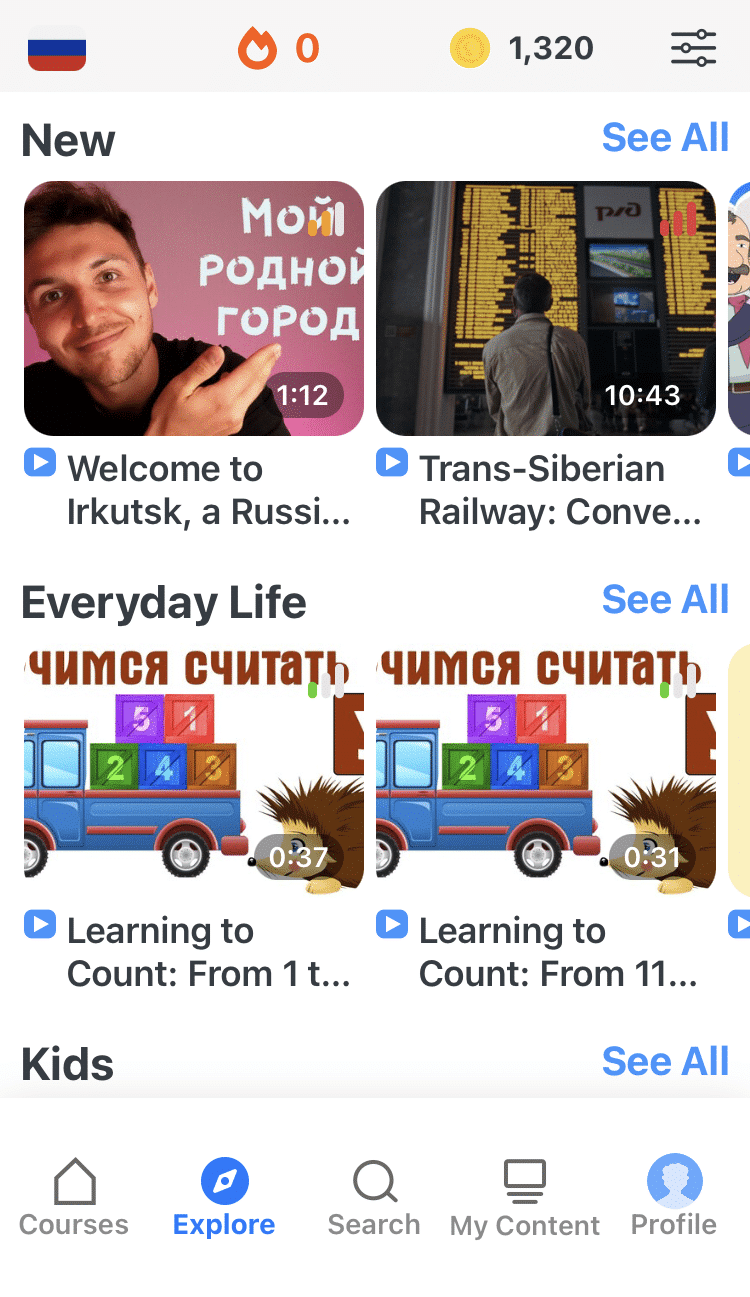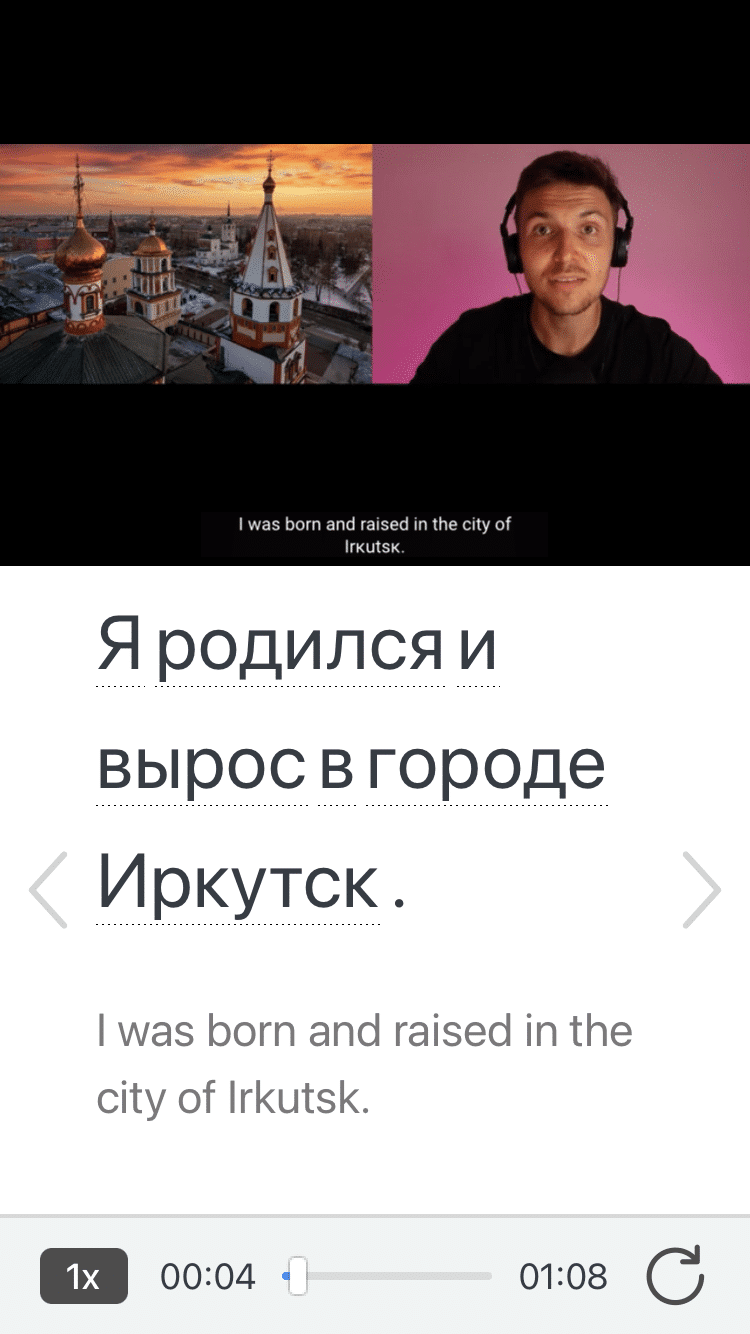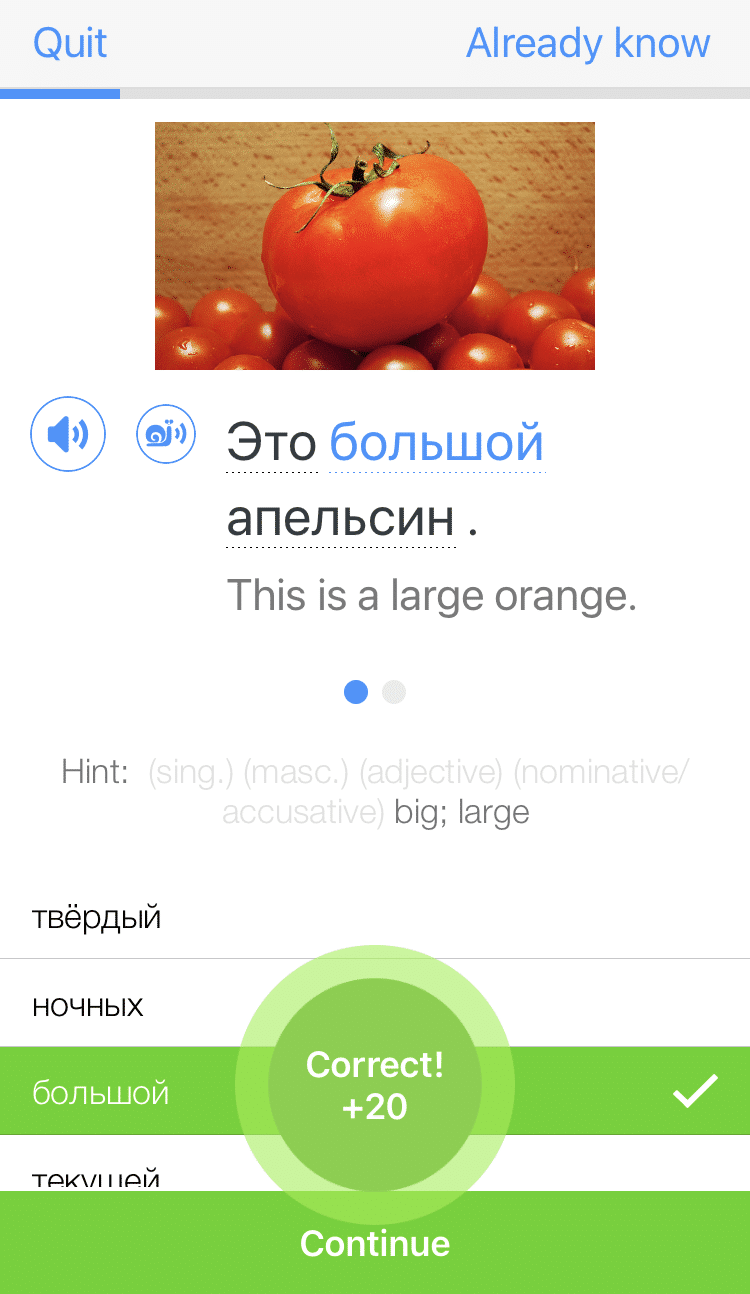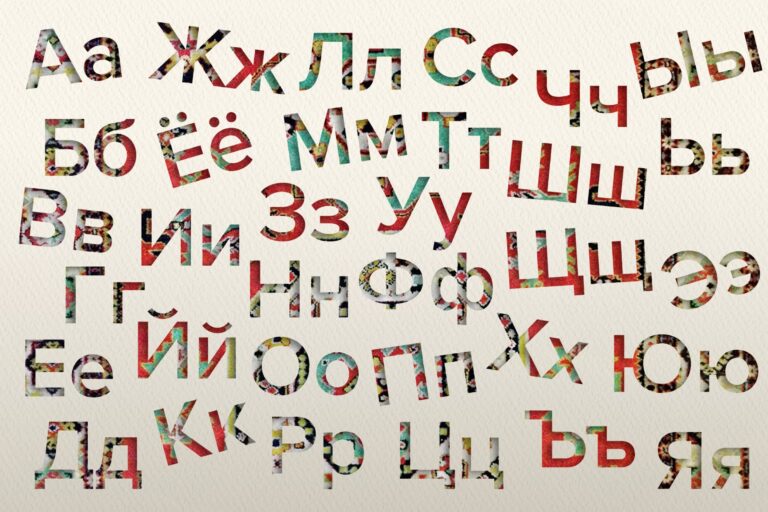Russian Gender for Beginners

If you’re a native speaker of a language like English (where grammatical genders are virtually nonexistent), then you know how much of a pain it can be to study Russian, which has three noun genders. Thankfully, it’s not as complicated as it sounds.
Let’s go over the three Russian noun genders and how to distinguish between them, which words change according to the gender of the noun, how Russian genders work in practice and the few gender exceptions Russian does have.
Download: This blog post is available as a convenient and portable PDF that you can take anywhere. Click here to get a copy. (Download)
What Are the Russian Noun Genders?
There are three noun genders in Russian: masculine, feminine and neuter. Generally, masculine nouns end in consonants (б, в, г, д, ж, з, й, к, л, м, н, п, р, с, т, ф, х, ц, ч, ш or щ), feminine nouns end in а or я and neuter nouns end in o or e.
(By the way, if you need a refresher on the Russian alphabet, here’s a guide to the Cyrillic letters.)
There are exceptions to the general rules above, of course, but we’ll get into those later. For now, take a look at these examples illustrating what Russian gender looks like in action.
| Masculine | Feminine | Neuter |
|---|---|---|
| кот (cat) | дорога (road) | ухо (ear) |
| цветок (flower) | машина (car) | чувство (feeling) |
| город (city) | неделя (week) | солнце (sun) |
| палец (finger) | собака (dog) | море (sea) |
| телефон (telephone) | армия (army) | тело (body) |
See, it’s that easy! If a word is in the nominative case, then the ending of the word reveals everything.
Which Types of Words Change Genders in Russian?
You might be wondering what’s the point of learning Russian noun genders in the first place.
Well, that’s because the following words change according to the gender of the noun they’re associated with:
As an example, I’m a guy, and I might say:
Я сказал тебе вчера. (I told you yesterday.)
But someone who identifies as female would say (or write):
Я сказала тебе вчера. (I told you yesterday.)
See the difference? The same thing works for nouns. So if you want to say that your car broke down, you need to know the gender of your car.
Моя машина сломалась. (My car broke down.)
In other words, to speak Russian correctly, you must know which gender a word is to modify other words.
How Russian Nouns Change Their Gender
Now that you know which words change according to their corresponding noun gender, how exactly do these changes happen?
Let’s take большой (big) as an example:
| Gender | Example Phrase Using большой (big) |
|---|---|
| masculine | большой город (big city) |
| feminine | большая машина (big car) |
| neuter | большое солнце (big sun) |
So, to change the gender of a Russian noun, all you have to do is:
- Take the adjective in its regular form.
- Remove the masculine ending (as shown in your trusty Russian dictionary)
- Add “ая” for feminine nouns and “ое” for neuter.
A few more things to keep in mind:
- Some adjectives end in ий instead of ой for masculine nouns. Let’s take маленький (small), for example. You still change the endings as usual— маленькая is feminine and маленькое is neuter.
- Some adjectives also have “ее” for neuter nouns, and some masculine ones have “ый.” Don’t worry about this for now, though. The sounds are pretty similar and Russian pronunciation often swallows the endings, so this isn’t too high of a priority.
- The genders change their endings according to the case they’re in. Russian cases are literally an entire topic all on their own, so let me direct you to this post if you want to learn more about them.
Exceptions to the General Russian Gender Rules
As I’ve mentioned earlier, there are exceptions to the general Russian gender patterns I’ve described above. Luckily, they fall into only two major categories.
Words ending with a soft sign (ь)
This is probably the trickiest exception because words that end in ь can be either masculine or feminine.
Some common examples of words ending in a soft sign are:
Of the above, only the words with asterisks (день and путь) are masculine. All of the others are feminine nouns. In fact, it’s safe to say that four times out of five, a noun ending in a soft sign is feminine.
If you want to learn exactly which of the words ending in a soft sign are masculine and feminine, I recommend you check out this list of the 500 most common nouns in Russian. Just press “Ctrl + F” and search for “ь.”
Words you just have to remember
Unfortunately, some words are just a little different—i.e., they don’t follow any specific gender patterns at all. You’ll just have to get to know them like the back of your hand.
Here are some of the more common ones:
| Russian words that don't follow regular gender patterns | Gender |
|---|---|
| имя (name) | neuter |
| время (time) | neuter |
| папа (papa) | masculine |
| дядя (uncle) | masculine |
| дедушка (grandfather) | masculine |
| мужчина (man) | masculine |
| кофе (coffee) | masculine / neuter |
This Cafe Russian video can help you brush up on gender exceptions.
You can also check out FluentU for authentic examples of how Russian noun gender works.
FluentU takes authentic videos—like music videos, movie trailers, news and inspiring talks—and turns them into personalized language learning lessons.
You can try FluentU for free for 2 weeks. Check out the website or download the iOS app or Android app.
P.S. Click here to take advantage of our current sale! (Expires at the end of this month.)
That’s it for Russian noun gender!
Russian might be a tough language to learn, but it’s these little parts that are easier than those of other languages which make me smile.
Download: This blog post is available as a convenient and portable PDF that you can take anywhere. Click here to get a copy. (Download)
And One More Thing...
If you love learning Russian and want to immerse yourself with authentic materials from Russia, then I should also tell you more about FluentU.
FluentU naturally and gradually eases you into learning the Russian language and culture. You'll learn real Russian as it's spoken by real Russian people!
FluentU has a very broad range of contemporary videos. Just a quick look will give you an idea of the variety of Russian-language content available on FluentU:

FluentU makes these native Russian videos approachable through interactive transcripts. Tap on any word to look it up instantly.

Access a complete interactive transcript of every video under the Dialogue tab. Easily review words and phrases with audio under Vocab.

All definitions have multiple examples, and they're written for Russian learners like you. Tap to add words you'd like to review to a vocab list.
And FluentU has a learn mode which turns every video into a language learning lesson. You can always swipe left or right to see more examples.

The best part? FluentU keeps track of your vocabulary, and gives you extra practice with difficult words. It'll even remind you when it’s time to review what you’ve learned. You'll have a 100% personalized experience.
Start using the FluentU website on your computer or tablet or, better yet, download the FluentU app from the iTunes or Google Play store. Click here to take advantage of our current sale! (Expires at the end of this month.)








